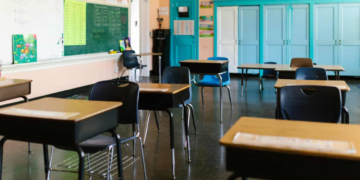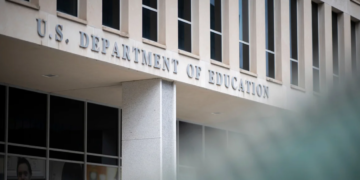Nov 30, 2024 Story by: Editor
A new report from the Southern Education Foundation (SEF) highlights that, despite the historic Brown v. Board of Education ruling, many Black students across the United States still face significant disparities in access to quality education, from early childhood to higher education.
The report, titled ” Miles To Go: The State of Education for Black Students in America,” presents research and data revealing ongoing inequities Black students encounter. These include limited access to high-quality early childhood education, unequal funding for K-12 schools, fewer experienced teachers, limited opportunities for advanced courses, harsh school discipline policies, and challenges with college affordability and access.
Raymond C. Pierce, SEF’s President and CEO, remarked, “We still have much work to do to ensure that all students in this country — especially Black students — have access to the education they need and deserve. Working together, we can address the challenges outlined in this report and strengthen our nation and every community.”
Among the report’s key findings is a troubling rise in racial segregation in K-12 schools, with many states’ school funding systems failing to meet the needs of today’s students. It also points out that only around 4% of Black children under age 6 participate in high-quality state-funded pre-K programs, despite research showing that such programs significantly improve academic outcomes and long-term success.
The report also discusses the nationwide teacher shortages, which are particularly impactful due to the low numbers of Black educators in schools. Additionally, Black Americans are disproportionately affected by college tuition debt, and only about 12.5% of college students are Black. Furthermore, Black students have less access to Advanced Placement (AP) courses compared to their peers.
Max Altman, SEF’s Director of Research and Policy and the lead author of the report, emphasized, “This report compiles data at all levels of education to show that so-called ‘achievement gaps,’ which we focus on too often in education, are only symptoms of the real issue — that many Black students face substantial opportunity gaps, meaning they simply aren’t afforded the same learning opportunities as other students. We owe all students an equal opportunity to succeed, and our failure to address these systemic issues in education holds all of us back.” Source: Diverse Education

















